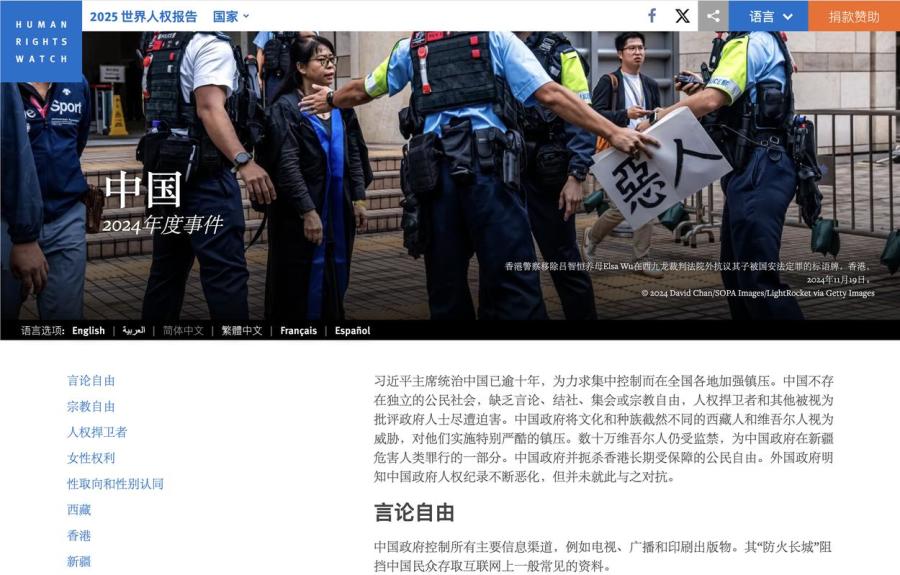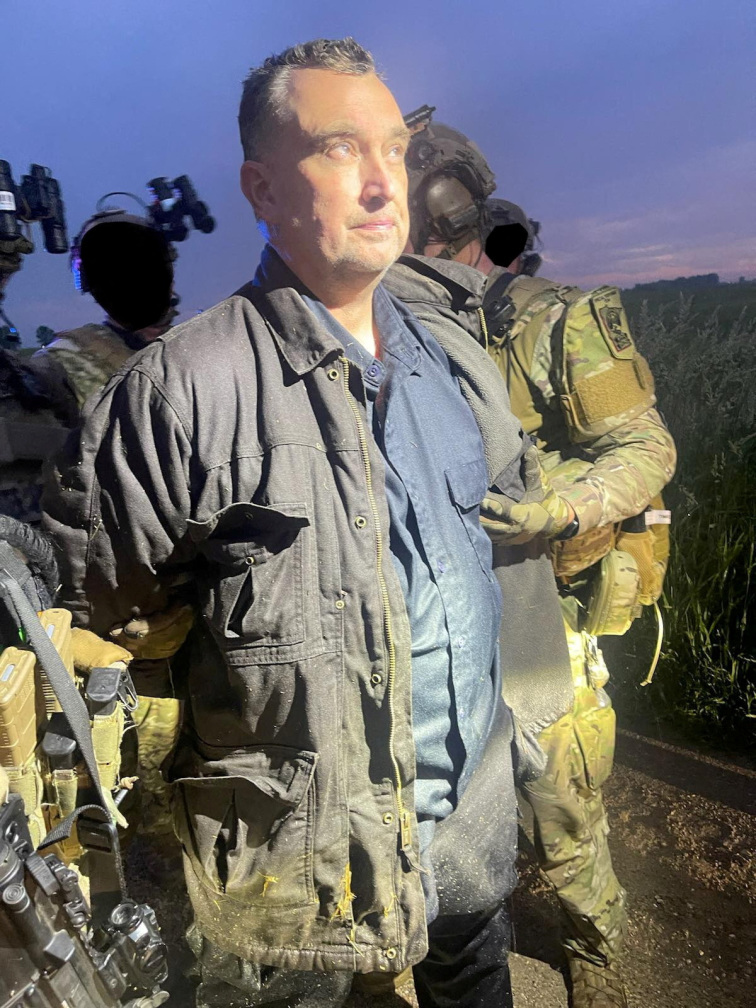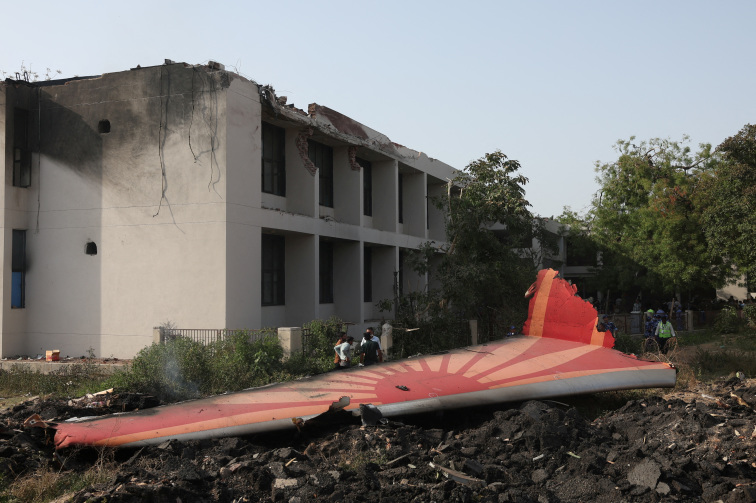2025 World Report on Human Rights, China Section Cover Screenshot (Screenshot from Human Rights Watch official website)
[People News] On February 2, 1996, Beijing was shaken by a shocking crime. Li Peiyao—Vice Chairman of the National People’s Congress Standing Committee and Chair of the Revolutionary Committee of the Chinese Kuomintang—was brutally murdered inside his own home at No. 4 Xinjiekou Outer Street, Xicheng District. News of his death horrified the nation and shocked Zhongnanhai; this was the first assassination of a vice-national-level official since the CCP seized power.
The perpetrator turned out to be a 19-year-old paramilitary policeman, Zhang Jinlong. Zhang, Li’s bodyguard, killed Li in retribution after Li raped Zhang’s sister, inflicting 55 stab wounds. Li Peiyao was the son of former Nationalist General Li Jishen and had been co-opted by the CCP, later serving as Vice-Chair of both the NPC and the CPPCC.
To conceal the truth of Li’s murder, the CCP launched two nationwide “Strike Hard” crackdowns between 1996 and 1997. Following the 1983 campaign, this was the largest-ever operation targeting murder, robbery, rape, firearms, and drug crimes.
In reality, these campaigns served as tools of violent social control, resulting in widespread wrongful convictions, torture-induced confessions, and extrajudicial killings. The infamous case of seven Guangdong police officers gunning down four innocent youths in Puning became the most emblematic miscarriage of justice, once again rattling Zhongnanhai.
The Puning Massacre: Questions Everywhere, Prosecutors Claim Police Acted Lawfully
On August 9, 1997, Puning TV reported: “At about 5 pm on August 7, four armed criminals broke into a home in Dongxi‑Nancun and robbed the residents. Police swiftly captured them. During the transport, the four criminals broke free from the vehicle and fled. After warning shots failed, police shot and killed all four.”
However, the families of the deceased were outraged. They wrote to local and provincial authorities to insist the youths were innocent civilians. According to their testimony, around 4 pm, Chen Guangfeng went to collect a debt from Chen X in Dongxi‑Nancun. A dispute ensued, and Chen X reported to police that armed men were threatening him. The deputy chief of the local police station, Luo Guobin, arrived with officers and forcibly detained Chen Guangfeng and three unrelated neighbours—Zheng Canyan, Huang Huasheng, and Chen Songping—who were merely drinking tea. Without any hearing, the four were taken to a remote lane and shot.
The families of the deceased raised doubts about the television report. They questioned how the four individuals, including Chen Guangfeng, who had their hands tied behind their backs and were being guarded in a police vehicle by seven or eight armed officers with submachine guns, could have possibly escaped at the same time. The families were denied access to the crime scene to identify the bodies, and the corpses were hastily cremated the very next day, raising suspicions of evidence destruction related to the killings.
Chen Guangfeng’s mother, Chen Chanying, strongly rejected the official account. She stated that around 6 p.m. on August 7, six plainclothes officers from the Zhanlong Police Station arrived—armed with two submachine guns and four pistols. Without presenting any identification or warrants, they conducted a search and, without explanation, took Chen Guangfeng and the other three individuals away in a police vehicle. Around 10 p.m. the same evening, the officers returned for a second search. They did not allow her into the house, and later claimed to have found a pistol. They then forced her into the house and pressed her hand against the search record to leave a fingerprint.
Chen Guangfeng had a daughter who was not yet one year old at the time of his death. His wife, Chen Lizhen, tearfully recounted: “When the police arrested Chen Guangfeng, they also took his motorcycle. Inside the storage compartment was 40,000 yuan in cash intended for purchasing processed paper. That money later disappeared without a trace.”
Members of the village committee shared another critical detail: the person who had called the police on August 7, a man surnamed Chen, was reportedly a relative of a deputy director at the Jieyang Public Security Bureau, who had previously served as the head of the Zhanlong Police Station.
A farmer living 150 m from the crime scene witnessed the event, saying: “I heard 'bang bang' gunshots, then crying, then more gunshots and wailing. This went on for a long time.”
A deputy news director at Puning TV disclosed that the August 9 broadcast used footage and commentary sent directly by the Puning police, unverified by an independent investigation.
Despite family protests, eyewitness testimony, and local committee accounts, the CCP refused to reopen the case. On August 11, over 200 petitioners protested at the Puning city government, demanding justice.
On August 25, the Puning City Procuratorate submitted a "Procuratorial Report" to the Puning Municipal Party Committee and the Municipal People's Congress. The report concluded that, upon reviewing the origin and classification of the case investigated by the public security authorities, the accuracy of the Zhanlong Police Station’s case report, the legality of the officers’ use of firearms, and the necessity of using lethal force on the spot, no violations of law by the public security officers were found.
The Procuratorial Committee of the office determined that, in a situation where the robbery suspects were escaping and warning shots were ineffective, the officers' decision to take immediate action and use firearms was entirely legal and absolutely necessary.
One of the officers who opened fire stated: “I didn’t even know which one was Chen Guangfeng.”
Afterwards, the families of the four young men began a long and arduous journey of petitioning for justice. They submitted 27 petitions, enduring great hardship, and collectively made 254 visits to Puning City, Guangdong Province, and even Beijing to file complaints and seek redress. The case was reported by multiple media outlets across mainland China and eventually caught the attention of Zhongnanhai (the central leadership compound in Beijing).
In May 1998, the Guangdong Provincial Political and Legal Affairs Commission and the Provincial Public Security Department reopened the investigation. After more than half a year, the truth of the case finally emerged.
On the night of the incident, Chen Guangfeng and the other three were not escaping, as previously claimed. Instead, they were forcibly dragged out of the vehicle one by one and executed on the orders of former deputy police chief Huang Shiwu. Forensic analysis revealed the following: Chen Guangfeng had 17 gunshot wounds. Zheng Canyan had 9 gunshot wounds; Huang Huasheng had 12 gunshot wounds. Chen Songping had 10 gunshot wounds.
Here is what actually happened: On the afternoon of August 7, a man surnamed Chen reported to the police with a spent cartridge from a Type 54 pistol, claiming that Chen Wenfeng and others had come to his home with a gun to extort him. Huang Shiwu then dispatched Luo Guobin, Fang Huibin, Zheng Wenxu, Zhang Yongjin, Chen Weicheng, and Huang Jianwei—armed with two "Type 79" submachine guns and other weapons—to make the arrests.
At around 7:15 PM, while escorting Chen Guangfeng and the three others through the middle section of Xinlu Road in Xiazhai Village, the officers encountered Huang Shiwu. Huang discussed with Luo Guobin the idea of executing the four men to fabricate a solid criminal case and gain recognition. At approximately 7:30 PM, in a remote area of the old road in Xinan Village, Huang Shiwu ordered the vehicle to stop and directed the six officers to form into three pairs, each pair to execute one of the suspects. The officers expressed objections, but Huang insisted, saying he would take full responsibility. He then dragged Chen Guangfeng to the roadside. When Huang Jianwei’s Type 54 pistol jammed, Huang Shiwu opened fire on Chen Guangfeng using a Type 79 submachine gun. The other officers followed and opened fire on the remaining three young men.
Forensic reports confirmed that all four died from gunshot wounds to the heart and lungs. After the incident, Huang Shiwu coerced the other six officers to maintain a consistent version of the story, to fabricate a false narrative, and forbade anyone from revealing the truth. On January 9, 1999, Huang Shiwu and the six police officers were formally indicted by the procuratorate.
During interrogation, when Huang Shiwu was asked, "Why did you order the execution of Chen Guangfeng and the others?" He replied: "At the time, there were many gun-related cases happening in Zhanlong. I wanted to set an example by killing them to warn others." When police officer Luo Guobin was asked: "Did you know the identities or criminal history of the suspects (referring to the four young men)?" He answered: "We had no idea. I didn’t even know which one was Chen Guangfeng."
Villager: “We are not ants on the ground.”
Among the seven young men killed by the police was 29-year-old Zheng Canyan. His younger brother, Zheng Canming, will never forget the moment he had to part forever with his only brother: “On August 8, I finally managed to get into the crematorium to see my brother one last time. I requested that the blood on his body be cleaned before cremation. I found a cloth, squatted down, and lifted my brother. His eyes were still wide open, and there were many bullet holes on his chest and underarms. I cried as I wiped the blood from his body and tried to close his eyes with my hands. Strangely, I couldn’t close them after two attempts. I broke down and cried, saying: ‘Brother, all the villagers know you were innocent. You died so unjustly. Please… please rest in peace… I swear I will seek justice for you!’ After I said that, only on the third try did his eyes finally close…”
A villager in his 60s, angrily scraping a stone with his foot, said: “We farmers are people too, not ants on the ground.”
Unfortunately, in the eyes of the Chinese Communist Party (CCP), not just farmers — but ordinary people in general — are treated like ants. This case happened nearly 30 years ago, and looking back, the situation back then was far better than now. Compare it with today’s reality under the CCP’s so-called “stability maintenance” regime and their crimes:
Every Chinese person today is watched around the clock by multiple surveillance cameras. Whomever you meet, wherever you go, whichever route you take — it’s all recorded. Yet if you go missing, all the camera hard drives mysteriously “malfunction.” If you sit quietly in front of a government building to protest, you’ll be taken to the ground before you even arrive. Online, if you make a single “careless” comment, you could be labelled as mentally ill or simply disappear.
Televised confessions, state-run media loyal only to the Party — what TV station today would dare report the truth to villagers like they did back then? Now, three people walking together in public are treated as a potential “criminal group.” If 200 villagers gather to petition? Armed police are deployed immediately. Even overpasses are guarded by military police. Back then, the village committee could still speak up for justice. Today’s village chiefs and committees are nothing more than CCP tools, colluding in demolitions, stability maintenance, corruption, and oppressing their own people. A child takes the elevator, a strange man follows in, picks the child up and walks off. Days later, the body floats up in a river, with all internal organs missing...
Back then, there was still a chance to overturn a case. Today, forget overturning a case — under the CCP’s so-called “rule of law,” you won’t even get to see the files related to your case, let alone reopen it.
(First published by People News) △










News magazine bootstrap themes!
I like this themes, fast loading and look profesional
Thank you Carlos!
You're welcome!
Please support me with give positive rating!
Yes Sure!